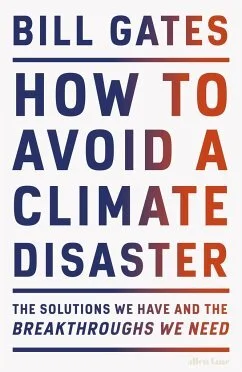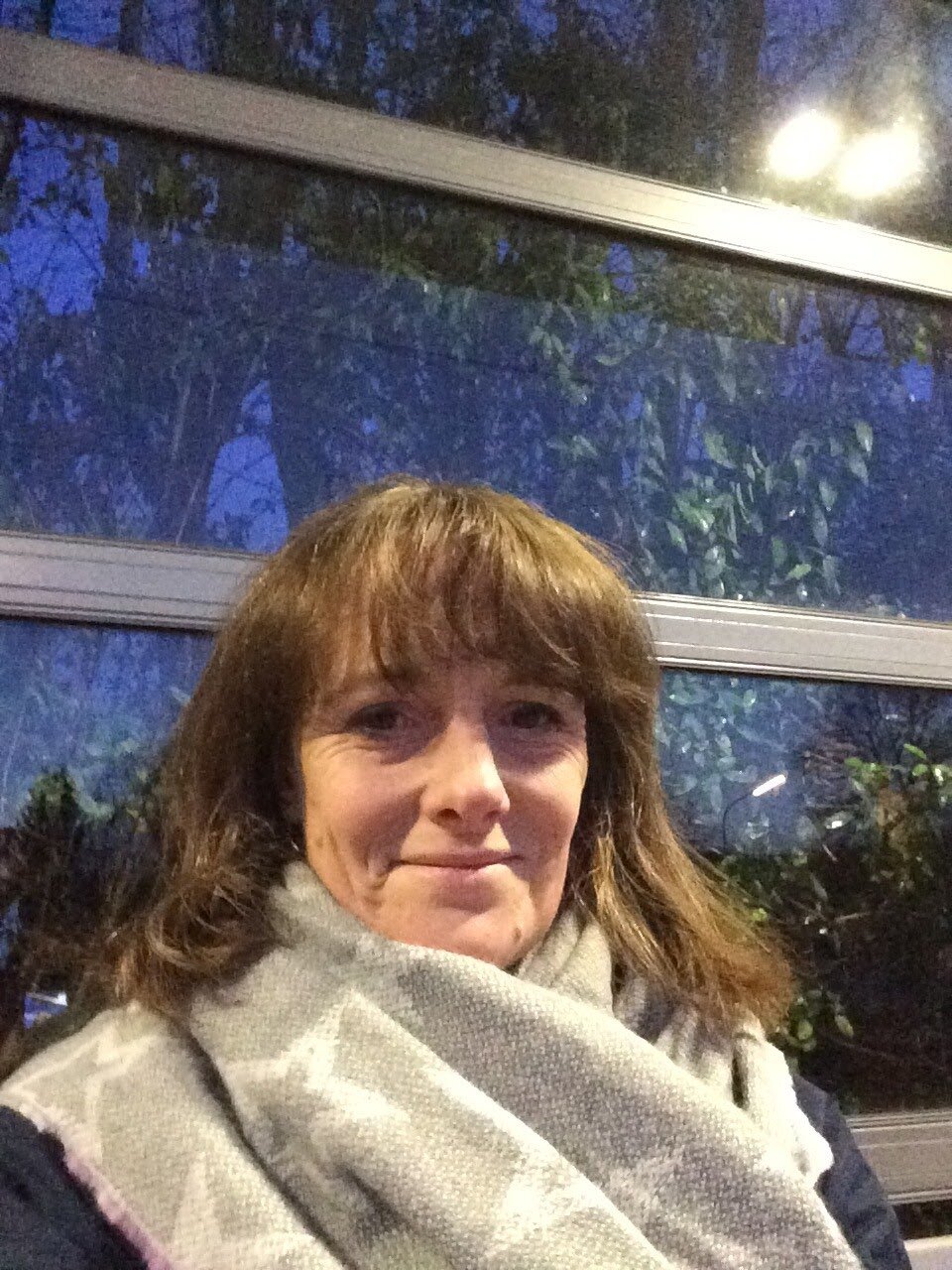By Kathy Bryan
A year of book club! This month, the stalwarts of the group met to discuss Bill Gates’s latest book, How to Avoid a Climate Disaster. We were also lucky enough to have our very own Environmental Policy expert on hand to guide us through the topics and add her own insight to the subject. Thank you, Theresa!
Dr Theresa Jedd is not only a mum, athlete, and important member of the Über Moms family but is also an Environmental Policy specialist, with a particular focus on water management and drought mitigation. After having been a post-doctoral research associate and Environmental Policy specialist at the National Drought Mitigation Center at the University of Nebraska, she moved to Technischen Universität Munchen and joined the Department of Environmental and Climate Policy in October 2019.
We were not united in our opinion of the book. For some, it was a good introduction to the topic, others liked its concentration on technology and how it can help us face the problems, whilst others found it to be dry and a little confused as to who its target readership was. All that said, the book certainly generated a good discussion about a number of issues around climate change, and for many of us, introduced us to different facets of the problems, not least the role of cement and the production of cement in the increasing levels of CO2 in the atmosphere.
We discussed the roles of different players in the attempt to reach zero carbon emissions by 2050, looking at the role of governments, big business, and the individual in bringing about the changes necessary. We were probably a microcosm of the problems associated with the issues, as we were divided about who should be taking the lead. Perhaps we were also reflective of the problems in addressing and reaching the people necessary to achieve the aims.
A question Theresa posed to us got us all thinking and discussing: what do you think is missing from the book? Our responses were varied and often linked to who we saw as the book’s target audience. Some felt that beyond recommending writing to your political representatives, it didn’t give much guidance to the layperson as to how to help avert climate change. However, others were happy with this, as they felt this topic so often involves a lot of “consumer blaming” and guilt being placed on the individual when perhaps it should be governments and businesses who should lead the way. Others felt the book failed to take into account other perspectives such as a feminist or more diverse approach to the topic. Linked to this was also some people’s concern that the book is too North America centric. That said, we also recognised that Bill Gates was clear from the beginning of the book of his position and he regularly turned to technology for solutions to problems.
Despite our differing opinions on the book, we all agreed that it was a book that needed to be written, and perhaps with his unique position in the world, Bill Gates was the person to do it. Theresa drew our attention to the fact that Bill Gates did not write this book alone, and there was a lot of consultation and input from experts in the field. We wondered whether the book would have benefitted from these contributions being recognised more fully, beyond a list in the appendices.
My goodness, is this an article or an essay? But it’s a topic, and a book, that deserves serious consideration. So, in conclusion, I felt by the end of the book club that this book had had different effects on us all. There were many views, but as often as the discussion was serious and frank, it was also lighthearted and we all came away agreeing that we had learnt from each other. As so often happens with Book Club, we actually ran out of time, and there were topics we didn’t cover or only touched on. Our own roles as mothers and how this feeds our views was one such topic, and definitely something that I, Theresa, and others would love to revisit.
Initially, I didn’t feel Bill Gates’s book had motivated me, and I was one of the more negative people there but, actually, now, as I write this article, I realise that it has motivated me to go and read more and reconnect with some of the topics I last studied too long ago. I feel I am not alone in this. Theresa finished our discussion of the book by asking if we would recommend it to others. A number of us said we would, perhaps judiciously, but we would. I, therefore, encourage you to see if you can find a copy in your local library and take a read.
The topic of climate change is a huge one and one which can be approached from a myriad of perspectives. It can seem daunting, particularly when we have spent the past year in flight-or-fight mode with a pandemic and lockdowns to contend with. But never fear, Über Moms will support you with our Pause for a Cause and will be publishing a list of resources for mums, parents, and children. The list will include links to initiatives and websites you might be interested in joining, books and literature, documentaries, podcasts, help in speaking with your children about environmental issues, how to contact your political representative, and, of course, ways Über Moms will also be looking to do its bit.
Next month, we will be marking Mothers’ Day with a Book Club meeting open to our members and their mums. The book we have chosen is The Book of Lost Names by Kristin Harmel. Please do sign up with TeamUp. We look forward to seeing you there!
Kathy Bryan
Kathy Bryan is a stay at home mum with 15 years experience of raising three independent, loving, fun-filled, maddening children. Prior to moving to a village south of Munich, she lived with her family in the middle of England. Being a firm believer that being a stay at home mum does not mean you have to forget who you are, she was always busy in the village, both as a Governor at the school and helping organise village fetes amongst other things. Since arriving in Germany and getting settled here Kathy joined Über Moms and is an active member of the Runners Group and recently started Über Moms very own book club. When not chasing children to do homework or running the highways and byways around her village Kathy can be found sewing patchwork and working out ways to hide “another quilt” in the house.




